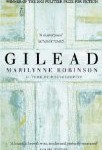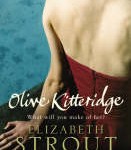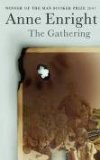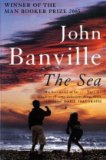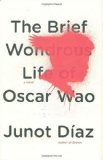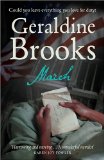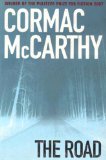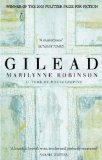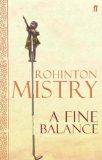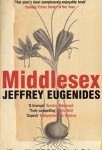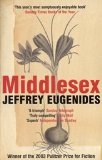

I have finished! I think that this is the longest book I have ever read, and even though it was a pleasurable, easy read, the length felt like a heavy commitment. It took me nearly six weeks, but I am pleased to have finally finished all 1000+ pages.
WARNING: A FEW SPOILERS
Gone with the Wind follows Scarlett O’Hara through the years of the American Civil War. She battles through fear, hunger and loss; but also against her love for the unobtainable Ashley, and the uncompromising Rhett Butler.
Scarlett is an amazing character; she was just so entertaining to read about. I loved her naive decisions, and her determination to succeed as a woman, despite the pressures on her to behave in a more ladylike manner.
The complexity of the story was it’s major plus point. The book’s length meant that the lives of all the side characters could be developed properly, and this led to a very satisfying book, in which I felt that I knew everyone that Scarlett did, and how they’d react to the ever changing circumstances.
The horror of the war was fully portrayed, without the need for graphic descriptions. The never-ending line of injured soldiers, the fear Scarlett felt, and most importantly, the compassion fatigue she experienced as the suffering continued, brought it all home to me vividly. I’m ashamed to admit that this book is my only source of knowledge on the American Civil War. I have just started reading Battle Cry of Freedom: The Civil War Era (Penguin history) and Tara Revisited: Women, War and the Plantation Legend
and Tara Revisited: Women, War and the Plantation Legend to gain a greater understanding of what actually happened. I’ll let you know what I thought of these books soon.
to gain a greater understanding of what actually happened. I’ll let you know what I thought of these books soon.
I loved the first half of Gone with the Wind (Volume One), but some sections of the second volume really grated on me, and I didn’t enjoy it anywhere near as much. I think my main problem was the severe racism present in it. Margaret Mitchell clearly sympathises with white supremacists, and portrayed many of the black characters as being not much better than animals. I know that this is a product of the time it was written, and that thankfully times have changed, but the mention of the Ku Klux Klan just ruined my opinions of many of the characters. How could a character as seemingly lovely as Ashley end up being a member of the Klan? All my empathy for him evaporated instantly. Did you have any objections to the extreme rascism?
I haven’t seen the film, so was totally shocked by the ending. The blurb on the back of my book describes GWTW as “the greatest love story of all time”. I was expecting everything to fall nicely in place, and for Scarlett and Rhett to finally come to their senses and realise how good for each other they could be. How wrong was I?!! The loss of Melanie, and then Rhett’s refusal to return to Scarlett, left me shocked, and almost beyond words. Once I managed to lift myself above the horror of it, I realised that this was probably the best ending that could have occurred. Throughout the book Scarlett comes across as a selfish, spoilt child, and for her to finally lose everything that actually meant anything to her was a fitting end.
I am keen to read Scarlett: The Sequel to Margaret Mitchell’s “Gone with the Wind” , as I’d love to know what someone else thinks should happen to the couple next. Has anyone read Scarlett? Is it worth reading?
, as I’d love to know what someone else thinks should happen to the couple next. Has anyone read Scarlett? Is it worth reading?
Despite its flaws, Gone with the Wind is the best piece of historical fiction I have ever read. I highly recommend it to anyone who has the time to read such a long novel.

Many thanks to Matthew from A Guys Moleskine Notebook for hosting the Gone with the Wind read-along.
Did you enjoy reading Gone with the Wind?
What did you like about it most? Least?
I look forward to hearing your thoughts!
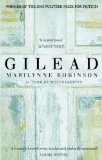
Winner of the Pulitzer Prize 2005
![]()
